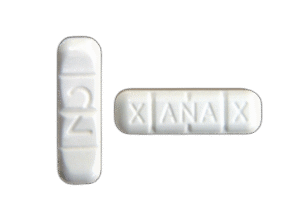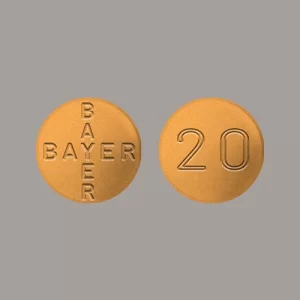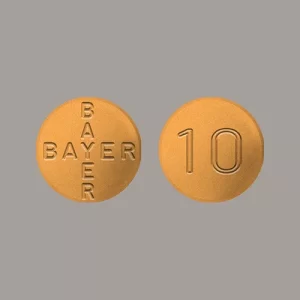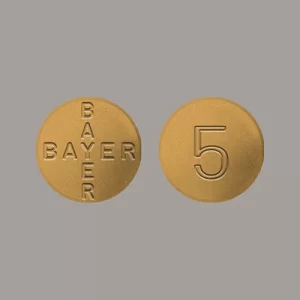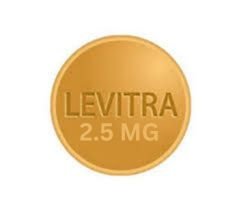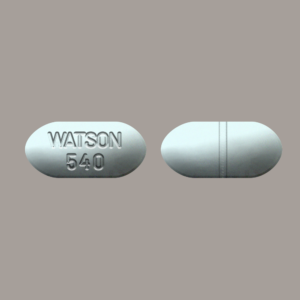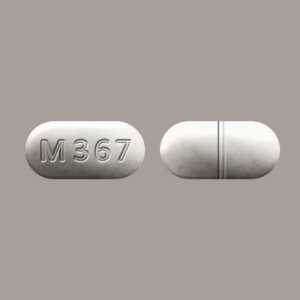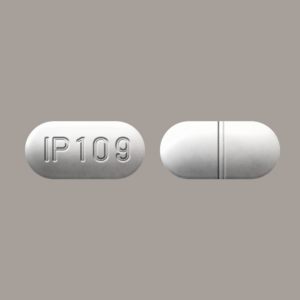Attention-Deficit/Hyperactivity Disorder (ADHD) is often thought of as a childhood condition, but it can continue into adulthood, manifesting in various ways that may impact daily life. In this blog post, we’ll explore the behaviors of adults with ADHD, identify five common symptoms, discuss possible causes, delve into treatment options, and clarify what ADHD stands for. By the end of this article, you’ll have a comprehensive understanding of this condition in adults and the importance of seeking help if needed.
What is ADHD?
ADHD stands for Attention-Deficit/Hyperactivity Disorder. It’s a neurodevelopmental disorder characterized by persistent patterns of inattention, hyperactivity, and impulsivity. While it’s often diagnosed in childhood, many adults who were never diagnosed continue to experience its effects and challenges in their daily lives.
What are the Behaviors of Adults?
1. Inattention: Adults may struggle with paying attention to tasks or staying focused for extended periods. This can lead to difficulty completing tasks, being easily distracted, and forgetfulness.
2. Hyperactivity: Some adults may exhibit restlessness or impulsivity. They may have difficulty sitting still, constantly fidgeting, or acting without thinking of the consequences.
3. Impulsivity: Adults may struggle with impulsivity, making decisions without considering the consequences or acting before thinking things through. This can lead to challenges in interpersonal relationships and work environments.
4. Disorganization: Many adults may struggle with organization skills, leading to messy workspaces, forgetfulness about important tasks, and difficulty keeping track of appointments or deadlines.
5. Poor time management: Some individuals may have difficulty managing their time effectively, leading to procrastination, missed deadlines, and feeling overwhelmed by tasks.
What are 5 Symptoms?
- Difficulty focusing: Adults with ADHD may have trouble focusing on tasks or conversations, leading to forgetfulness and lack of attention to detail.
- Impulsivity: Adults with ADHD may act impulsively, making decisions without considering the consequences, interrupting others, or engaging in risky behavior.
- Hyperactivity: Some adults with ADHD may exhibit hyperactive behavior, such as restlessness, fidgeting, or talking excessively.
- Disorganization: Adults with ADHD may struggle with organization skills, leading to cluttered workspaces, missed deadlines, and difficulty keeping track of responsibilities.
- Poor time management: Adults with ADHD may have difficulty managing their time effectively, leading to procrastination, lateness, and feeling overwhelmed by tasks.
Causes of ADHD
The exact causes of ADHD are not fully understood, but research suggests that a combination of genetic, environmental, and neurological factors play a role in the development of this condition. Some potential causes of ADHD include:
- Genetics: Attention-Deficit/Hyperactivity Disorder tends to run in families, suggesting a genetic component to the condition.
- Brain Chemistry: Imbalances in neurotransmitters in the brain, such as dopamine and norepinephrine, may contribute to the symptoms of Attention-Deficit/Hyperactivity Disorder.
- Brain Structure: Differences in brain structure, particularly in areas responsible for attention and impulse control, have been observed in individuals with Attention-Deficit/Hyperactivity Disorder.
- Environmental Factors: Exposure to toxins, maternal smoking during pregnancy, or a history of childhood trauma may increase the risk of developing Attention-Deficit/Hyperactivity Disorder.
Treatment
Treatment for ADHD typically involves a combination of therapies, medication, and lifestyle changes. Some common treatment options for Attention-Deficit/Hyperactivity Disorder include:
- Medication: Stimulant medications, such as Adderall or Ritalin, can help improve focus, attention, and impulse control in individuals with Attention-Deficit/Hyperactivity Disorder.
- Behavioral Therapy: Therapy techniques, such as cognitive-behavioral therapy (CBT) or mindfulness training, can help individuals with Attention-Deficit/Hyperactivity Disorder learn coping strategies and improve their organizational skills.
- Lifestyle Changes: Regular exercise, a healthy diet, and adequate sleep can all contribute to managing ADHD symptoms and improving overall well-being.
Conclusion:- Attention-Deficit/Hyperactivity Disorder is a complex neurodevelopmental disorder that can present challenges in daily life. By understanding the behaviors, symptoms, causes, and treatment options, individuals can better manage this condition and lead fulfilling lives. It is essential to seek professional help if you suspect you or someone you know may have Attention-Deficit/Hyperactivity Disorder, as early diagnosis and intervention can make a significant difference in managing this condition effectively.





